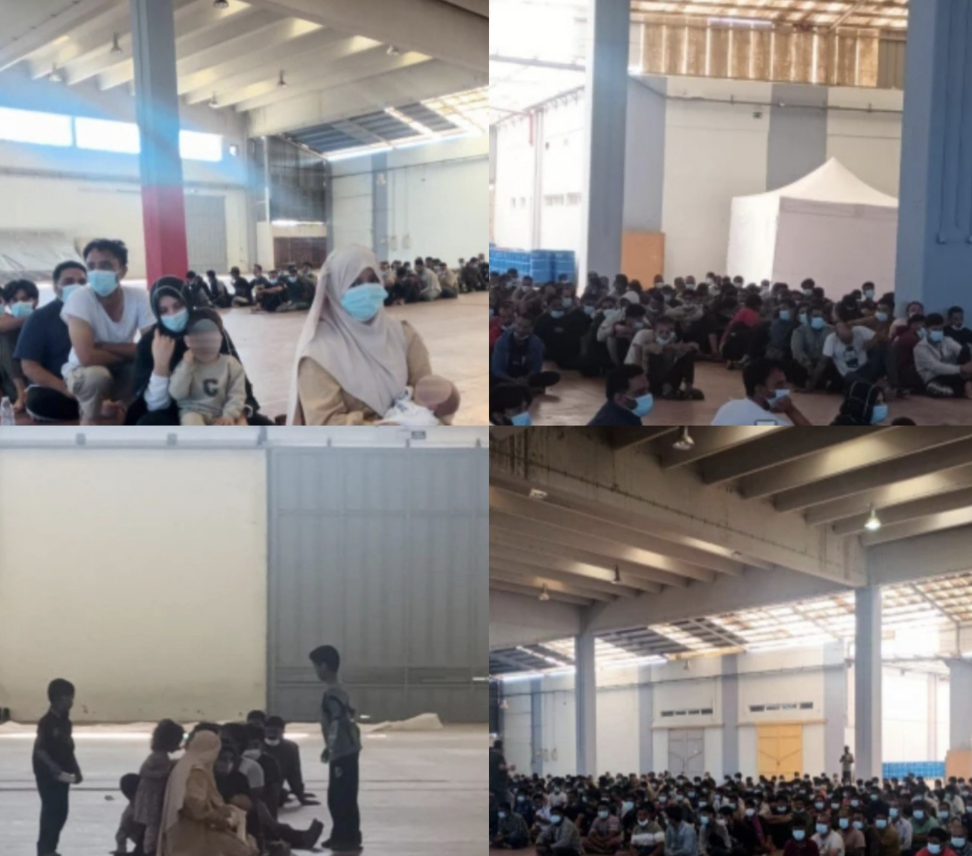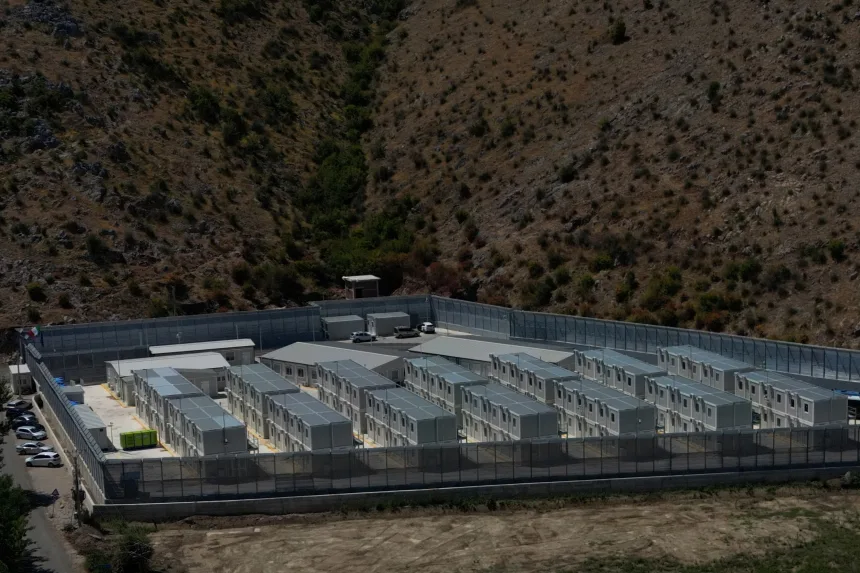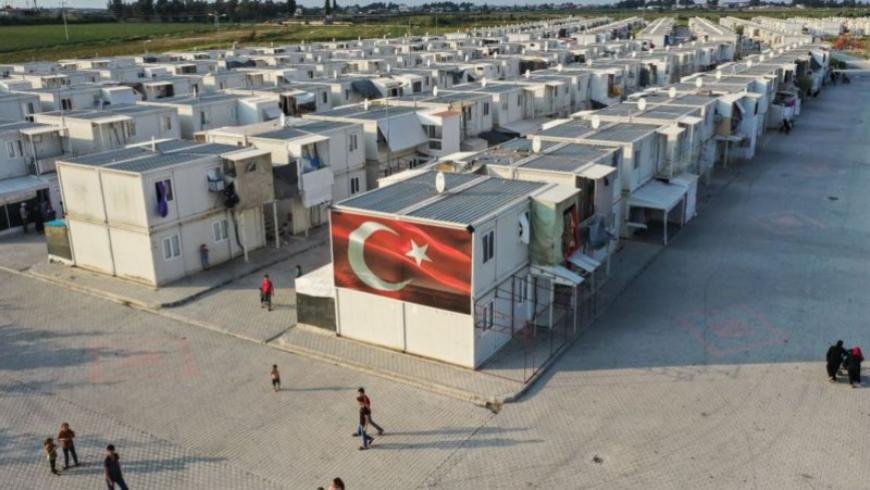In a communication to the European Commission, European Parliament, and Council of the European Union, 16 UN Special Procedure mandate holders have raised alarm over the risks posed by the EC’s proposed Return Regulation, expressing serious doubts about its compatibility with international human rights obligations. […]
European Union
Lithuania: Follow-Up Report to the UN Committee on Economic, Social and Cultural Rights (CESCR)
This submission assesses Lithuania’s implementation of recommendations set out in the CESCR’s 2023 Concluding Observations, specificallly addressing the treatment of asylum-seekers and undocumented migrants. […]

Mauritania: Submission to the UN Committee on Migrant Workers
Over the past two decades, efforts to detain and remove migrants in Mauritania have intensified in response to mounting pressure from European countries to curb migration flows. In a submission to the UN Committee on Migrant Workers, the GDP highlights how Mauritania’s immigration detention and deportation policies and practices contravene key provisions of the International Convention on the Protection of the Rights of All Migrant Workers and Members of Their Families. […]

Niger: Joint Submission to the Universal Periodic Review
Since the 2023 coup, Niger’s migration landscape has changed dramatically, with new legislation tightening entry, stay, and movement, criminalising irregular migration, and granting broad powers to enforcement officers. In a joint submission to the UPR, the GDP, JMED Niger, and REMIDDH raise concerns over arbitrary and harmful detention, poor conditions, and abuse of migrants, urging Niger to amend its policies to ensure detention is used only as a last resort and in line with international human rights standards. […]

Suspensions to Asylum Applications and Extending Detention: Greece’s Increasingly Hardline Approach to Migration
Since early 2025, Crete and the nearby island of Gavdos have seen a sharp increase in the number of refugees, asylum seekers, and migrants arriving from Libya. The islands have quickly become the newest frontline to Greece’s increasingly hardline approach to migration: in July, the government suspended all asylum claims for anyone arriving irregularly from North Africa for a three-month period. At the same time, a new legislative proposal is being considered which would tighten migration rules in line with the new, but not yet adopted, EU Return Regulation. This would introduce a slate of amendments, including the introduction of broader grounds for detention and an extension of the maximum length of detention. […]

European Court Ruling Challenges Italy–Albania Detention Deal and Other Externalisation Plans
On 1 August, the European Court of Justice delivered a landmark ruling on Italy’s application of the “safe country of origin” concept, delivering a blow to the country’s offshore asylum processing scheme in Albania. Beyond Italy, the ruling has wider implications across Europe, where it is likely to impact new EU asylum regulations due to come into force in June 2026, as well as EU Member States’ efforts to externalise their own migration management schemes. […]

Ireland: Growing Crackdown on Immigration and Asylum
Facing increasing pressures on its shared border with Northern Ireland and sharply rising asylum requests, Ireland has ramped up border controls and deportations. Growing Crackdown on Immigration in Ireland and Northern Ireland Recent reports reveal increasing immigration restrictions in Ireland, following a spike in irregular arrivals from the UK via Northern Ireland. According to the […]

Croatia: Brutality on the Border, Expanding Detention Regime
Croatia’s brutal treatment and pushbacks of migrants and asylum seekers along its border with Bosnia and Herzegovina has been widely documented for several years, with the most recent reports revealing systematic destruction of migrants’ belongings, including cell phones and identity papers. The country has also expanded its immigration enforcement infrastructure with the opening in late 2023 of a […]

Türkiye: Growing International Pressure to End EU-Financed Harmful and Arbitrary Immigration Detention Practices
A consortium of European media outlets working in collaboration with Lighthouse Reports have released a series of reports revealing the abuses refugees and other migrants face in EU-financed detention centres in Türkiye. The reports follow on numerous recommendations issued by UN human rights bodies earlier this year, which included inputs from the Global Detention Project […]

Lithuania’s Border Guard Provides Limited Responses to Detention Information Requests
As part of its collaboration with the Global Detention Project-sponsored Global Immigration Detention Observatory initiative, the Vilnius-based Human Rights Monitoring Institute, issued an information request to Lithuania’s State Border Guard Service concerning key statistics and practices related to the arrest and detention of migrants and asylum seekers. Although the border guard promptly responded to the […]




